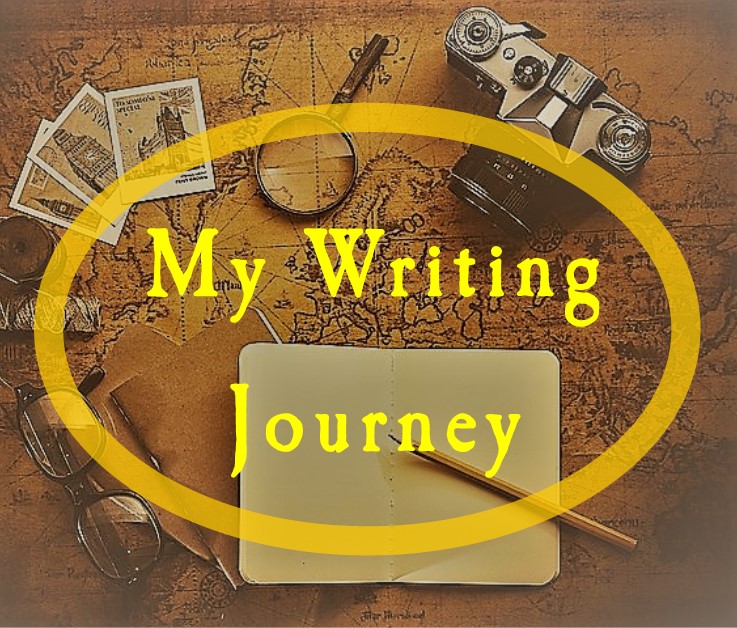
Book Proposals
Begin at the Beginning
You have a burning desire to write a book. Join the crowd. You might be surprised to learn how…
June 25, 2023
You have a burning desire to write a book. Join the crowd. You might be surprised to learn how…
June 25, 2023
All too often we’re shallow enough to think the prize is worth the journey. Really it’s the journey that’s…
January 3, 2019
“Janine?” Where are you?” I don’t know why my husband asked me that. He knew where to find me–…
October 3, 2018
DiAnn Mills is a bestselling author who believes her readers should expect an adventure. She combines unforgettable characters with…
January 1, 2018